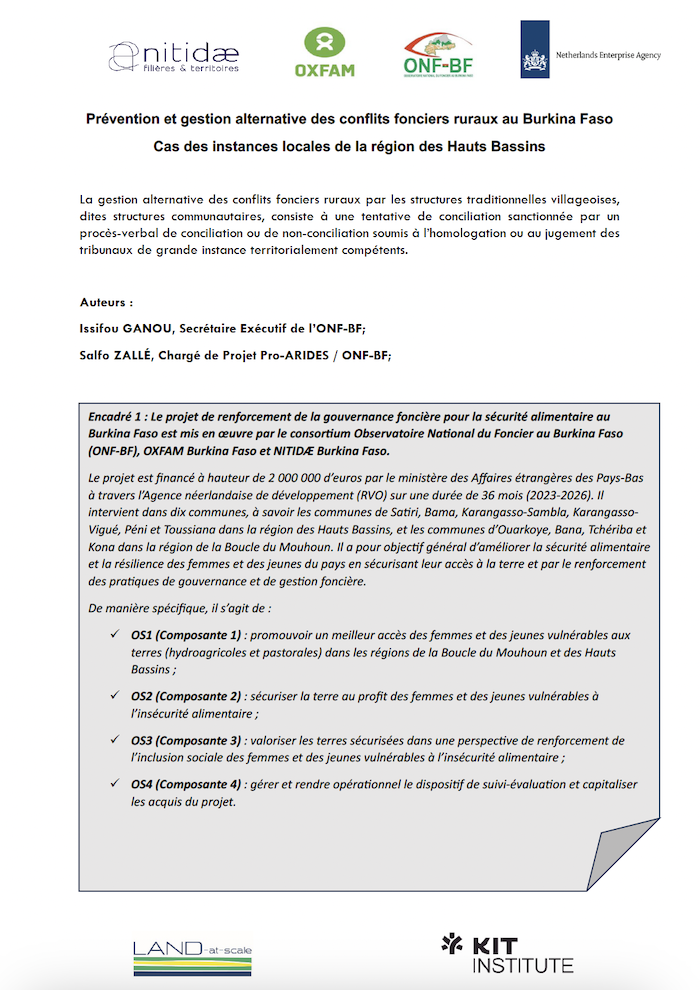Invest in Land or Invest in People? Transforming Investment Models for Agrifood Systems Transitions
May, 2024
Vietnam
Laos
Africa
Asia
The session explored innovative investment models aimed at transforming agrifood systems by prioritizing both land and people, with a focus on sustainable and equitable practices. Highlighting two key projects—Transformative Land Investments (TLI) and Mekong Region Land Governance (MRLG)—the discussion showcased their efforts to drive global change by integrating responsible investment with agendas around land tenure, climate resilience, and sustainable food systems.


